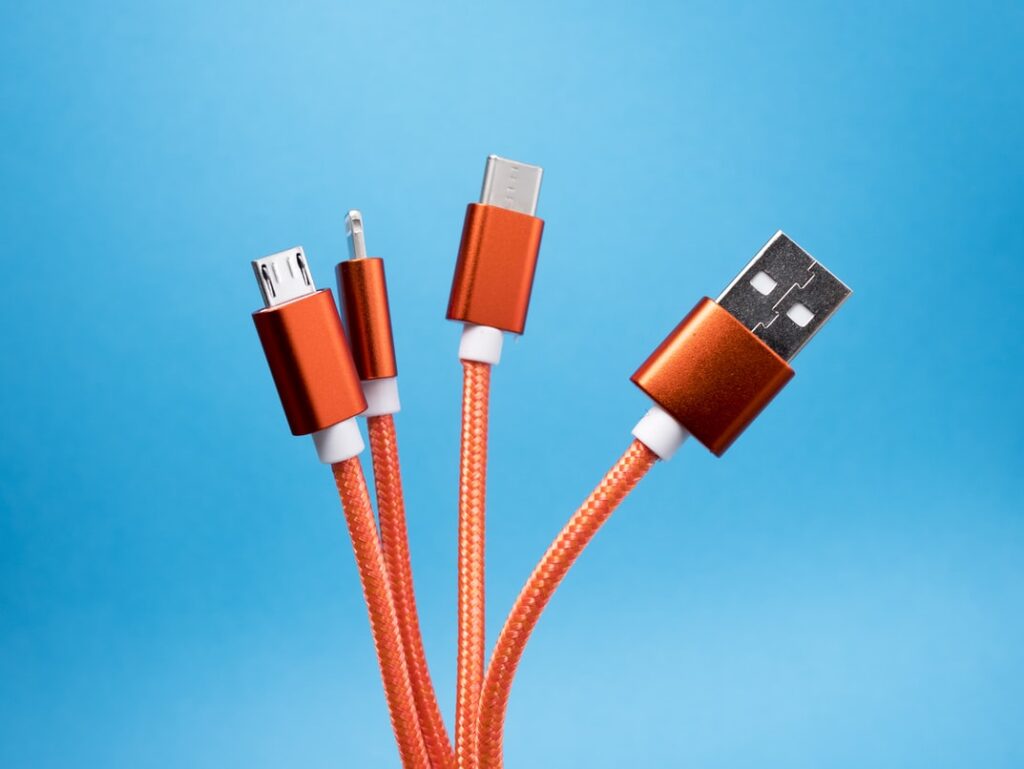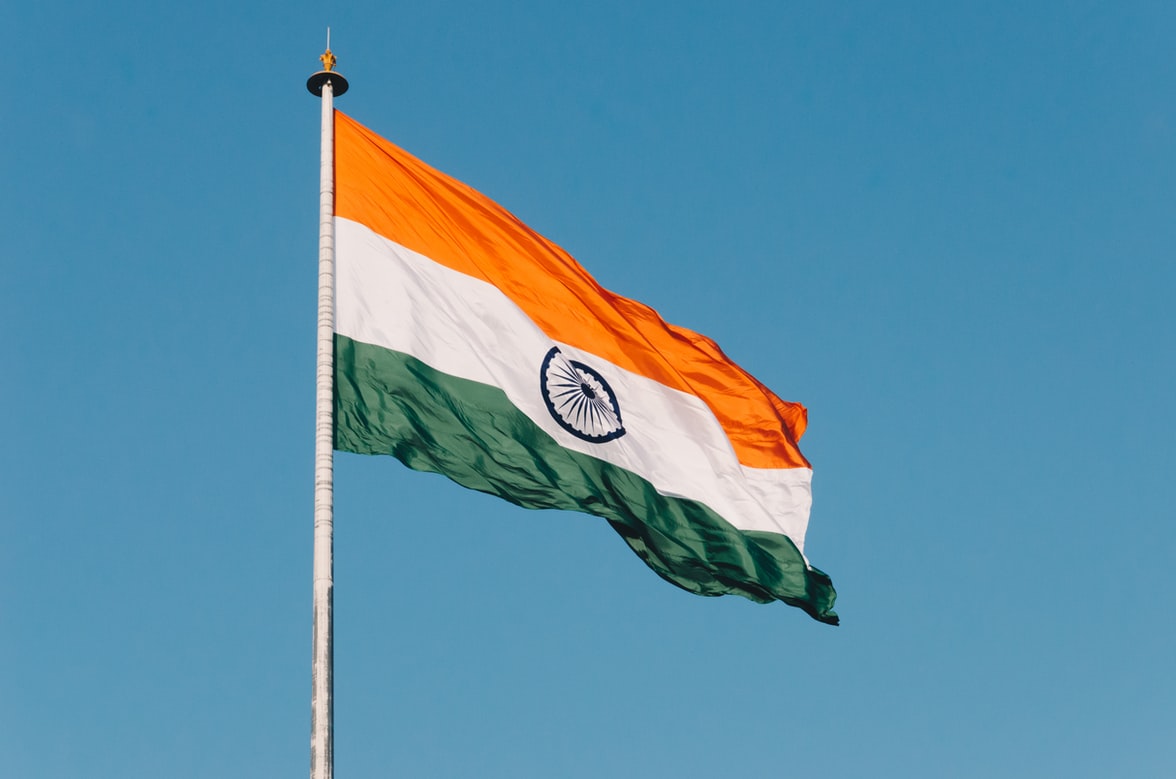India is one of the world’s biggest economies. As of 2020, it has the sixth biggest GDPs in the world and third in Asia, with the UN estimating it generates $2.6 trillion each year. It is one of the world’s biggest exporters of minerals, petroleum, machinery, and textiles, as well as being a centre for business process outsourcing (BPO).
But India’s contribution to the world goes back much further than this. The country has been responsible for the invention for many of the things that we often take for granted today. Without India, the world would be a very different place.
Chess
Most people play games of some sort. Around 30% of the entire global population enjoy video games, while others partake in board, card, and party games. Many of the ones we enjoy today are fairly recent, but some date back much longer.
Some of the oldest games are played with cards. The cards themselves date back as much as 7-8,000 years ago, but most of the things we do with them are more recent than that. One of the most-played card games today is also one of the oldest. Blackjack is around four or five centuries old and evolved from the Spanish trente-un and French vingt-un. However, this doesn’t even come close to a popular Indian invention.
The game of chess is believed to have originated in India sometime around the 5th century. Back then, it was known as chaturanga and was much more strategic than existing board games like backgammon and checkers.
Today, chess is enjoyed by millions of people who play casually at home, in clubs, or online. It’s also a global mind sport, with famous names like Gary Kasparov helping to raise its profile.

USB
Almost every computer sold today comes fitted with just a couple of different connectors, most of which are USB. Little more than a decade ago, every device type had a separate connector, including dedicated ones for printers, mice, keyboards, and cameras.
That all changed thanks to the work of the India-American computer scientist Ajay Bhatt. The first version of this technology was created in early 1996 and quickly replaced all these old clunky connectors.
Today, USB is used for almost everything from charging smartphones to connecting virtual reality headsets. The latest version (USB 4) is capable of transmitting speeds of up to 40 Gbit/s and can allow monitor manufacturers to do away with traditional interfaces so that only one type of plug will be needed for everything.
Mathematics
India is responsible for several of the most important mathematical concepts that have helped to shape the modern world today. Mathematicians from the country gave us trigonometry and algebra, they also helped us to manipulate numbers with arithmetic, and were the first to create the concept of negative values.
The base-ten counting system we use today, the ability to express large numbers as powers (like squared or cubed), and the decimal system are also all Indian inventions.
However, it is the concept of zero that is perhaps the most famous Indian contribution to the field. It’s hard to believe, but before the third century BC, there is no evidence that humans had grasped this important idea. In fact, many philosophers tried to fight back against this concept, saying that denoting something is nothing means it does, in fact, exist.
Of course, the Indian logic won out, and today use zero in accounting, computing, and science.
Shampoo
Shampoo is something else we take for granted. It’s just that bottle or bar that sits in the shower for when we wash our hair. But it wasn’t until 1762 that Indians from the Mughal Empire combined natural oils and herbs to create a formula used in head massages.
Its cleansing properties were very quickly identified and shampoo spread around the world. The name even stems from India, as it’s derived from the Hindi word chāmpo.
KEY HIGHLIGHTS









